Introduction
So, you're thinking about adopting a dog? That's wonderful! Bringing a furry friend into your life can be incredibly rewarding, but it’s also a big decision that requires careful thought. In this article, we'll cover everything you need to consider before becoming a dog parent. Let’s dive in!
Understanding Your Commitment
Time Commitment
Dogs need time and attention every day. From daily walks and playtime to regular feeding and grooming, your new companion will rely on you for a significant portion of their care. Are you ready to adjust your schedule to meet these needs?
Financial Commitment
Owning a dog isn’t just a time investment—it’s a financial one, too. Consider the costs of food, toys, grooming, veterinary care, and emergency expenses. Budgeting for these expenses beforehand can prevent surprises down the road.
Emotional Commitment
Dogs are affectionate and loyal creatures that form strong bonds with their humans. Are you prepared to give and receive a lot of love? Also, consider the emotional aspect of dealing with potential health issues or the eventual aging of your pet.
Assessing Your Lifestyle
Activity Level and Hobbies
Are you an active person who enjoys outdoor activities, or do you prefer a more relaxed lifestyle? Different breeds have different exercise needs, so it's crucial to find a dog whose activity level matches yours.
Work Schedule and Flexibility
How long are you away from home each day? Dogs need companionship and can suffer from separation anxiety if left alone for too long. Consider your work schedule and whether you have the flexibility to be there for your dog when needed.
Living Situation
Do you live in an apartment or a house with a yard? Some dogs adapt well to apartment living, while others need more space to roam. Assess your living situation to determine what kind of dog would be the best fit.
Choosing the Right Breed

Size and Space Requirements
Smaller breeds might be more suited to apartment living, while larger breeds often need more space. Think about how much room you have and choose a breed that will be comfortable in your home.
Energy Levels
High-energy dogs require lots of exercise and mental stimulation. If you’re an active person, this could be a great match. If not, consider a breed known for being more laid-back.
Breed-Specific Traits
Research the characteristics of different breeds. Some breeds are known for being great with kids, while others might be more independent or have specific health concerns.
Health Considerations
Common Health Issues in Dogs
Every breed has its potential health issues. Make sure you are aware of the common problems associated with the breed you are considering. This will help you be prepared and proactive about your dog’s health.
Regular Veterinary Care
Regular check-ups with a veterinarian are essential to keep your dog healthy. Ensure you have access to a good vet and are prepared for routine visits.
Vaccinations and Preventive Care
Vaccinations are crucial for preventing diseases. Keep up with your dog’s vaccination schedule and provide preventive care like flea and tick treatments.
Preparing Your Home
Dog-Proofing Your Living Space
Before bringing your dog home, make sure your space is safe. Remove hazardous items, secure trash bins, and ensure there are no small objects that your dog could swallow.
Necessary Supplies
Stock up on essentials like a leash, collar, food and water bowls, a comfortable bed, and toys. Having everything ready will make the transition smoother for both you and your new dog.
Creating a Comfortable Environment
Set up a designated area for your dog to relax and feel safe. This could be a cozy corner with their bed and toys or a crate where they can retreat.
Training and Socialization

Importance of Early Training
Training your dog from a young age sets the foundation for good behavior. Basic commands like sit, stay, and come are essential for their safety and your peace of mind.
Socializing Your Dog
Exposure to different people, environments, and other animals helps your dog develop into a well-adjusted adult. Socialization is key to preventing behavioral issues.
Positive Reinforcement Techniques
Use positive reinforcement to train your dog. Reward good behavior with treats, praise, or playtime. This method is effective and builds a strong bond between you and your dog.
Nutrition and Diet
Choosing the Right Food
Not all dog foods are created equal. Choose high-quality food that meets your dog’s nutritional needs. Consult your vet for recommendations based on your dog's breed, age, and health.
Understanding Dietary Needs
Different dogs have different dietary requirements. Puppies need food formulated for growth, while senior dogs might need a diet tailored to their aging bodies. Understand what your dog needs at each life stage.
Feeding Schedule
Establish a regular feeding schedule to maintain your dog’s health and prevent overeating. Consistency is key to good digestion and overall well-being.
Exercise Needs

Daily Exercise Requirements
Dogs need regular exercise to stay healthy and happy. Daily walks, playtime, and activities are essential. The amount of exercise depends on your dog's breed and age.
Mental Stimulation
Mental exercise is just as important as physical activity. Provide toys that challenge your dog’s mind, like puzzle feeders and interactive toys.
Suitable Activities for Different Breeds
Different breeds enjoy different activities. Herding breeds might love agility training, while retrievers enjoy fetching games. Find activities that your dog enjoys and incorporate them into your routine.
Grooming and Hygiene
Regular Grooming Practices
Regular grooming keeps your dog’s coat healthy and reduces shedding. Brush your dog’s coat according to its type and schedule regular grooming sessions.
Bathing and Dental Care
Bathing your dog as needed keeps them clean and reduces odors. Don’t forget dental care—brushing your dog's teeth helps prevent dental disease.
Dealing with Shedding
Some breeds shed more than others. Regular brushing and grooming help manage shedding and keep your home cleaner.
Building a Bond
Spending Quality Time Together
Building a strong bond with your dog involves spending quality time together. Play, cuddle, and involve your dog in your daily activities.
Understanding Your Dog’s Behavior
Learn to read your dog’s body language and behavior. Understanding what they’re trying to communicate helps you meet their needs and strengthens your relationship.
Strengthening the Human-Dog Bond
Consistent training, positive interactions, and affection strengthen the bond between you and your dog. A strong bond leads to a happier and well-behaved pet.
Traveling with Your Dog
Preparing for Trips
Traveling with your dog requires preparation. Make sure they’re comfortable in the car and have a safe space to rest during the journey.
Safety Tips for Travel
Use a pet seatbelt or a crate to keep your dog safe in the car. Bring their favorite toys and blankets to make them feel at home.
Finding Dog-Friendly Accommodations
When planning trips, look for dog-friendly accommodations. Many hotels and vacation rentals welcome pets, making travel easier and more enjoyable.
Finding the Right Veterinarian

Importance of a Good Vet
A good veterinarian is essential for your dog's health. They provide preventive care, treat illnesses, and offer guidance on keeping your dog healthy.
How to Choose a Veterinarian
Look for a vet with good reviews and recommendations. Consider their location, services, and how comfortable you feel with them.
Regular Check-Ups and Emergency Care
Regular vet check-ups are crucial for maintaining your dog’s health. Also, know where to go for emergency care if needed.
Adopting from a Shelter vs. Breeder
Pros and Cons of Adopting from Shelters
Shelters are full of loving dogs in need of homes. Adoption fees are often lower, and you’ll be giving a dog a second chance. However, shelter dogs might come with unknown histories.
What to Look for in a Reputable Breeder
If you choose to buy from a breeder, ensure they’re reputable. Look for breeders who prioritize health, temperament, and responsible breeding practices.
Adoption Process and Costs
Understand the adoption process and associated costs. This includes adoption fees, initial veterinary care, and necessary supplies.
Conclusion
Adopting a dog is a big decision, but with the right preparation, it can be one of the most rewarding experiences of your life. By considering the factors we’ve discussed, you’ll be well on your way to becoming a responsible and loving dog parent. Enjoy the journey and the unconditional love that comes with it!
FAQs
How do I know if I'm ready to adopt a dog?
Consider your lifestyle, financial situation, and time availability. If you’re prepared for the commitment and excited about the responsibilities, you might be ready.
What should I consider when choosing a dog breed?
Think about your activity level, living situation, and any breed-specific health concerns. Choose a breed that matches your lifestyle and preferences.
How can I prepare my home for a new dog?
Dog-proof your space by removing hazards, secure trash bins, and ensure small objects are out of reach. Set up a comfortable area for your dog with a bed and toys.
What are the initial costs of adopting a dog?
Initial costs include adoption fees, vaccinations, spaying/neutering, supplies (like a leash, collar, bed, and toys), and initial veterinary care.
How do I find a good veterinarian?
Look for vets with good reviews and recommendations. Consider their location, services offered, and how comfortable you feel with them.


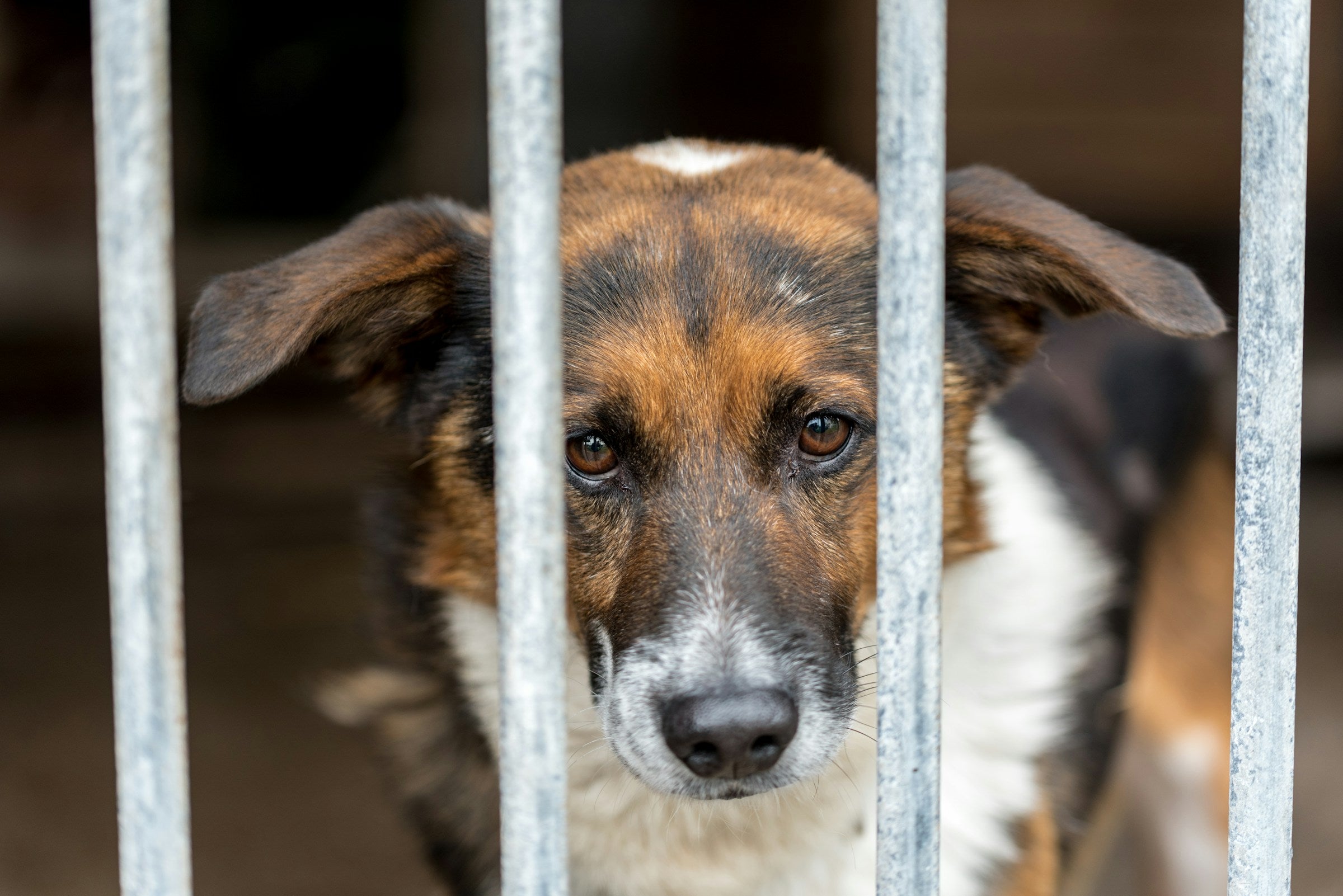
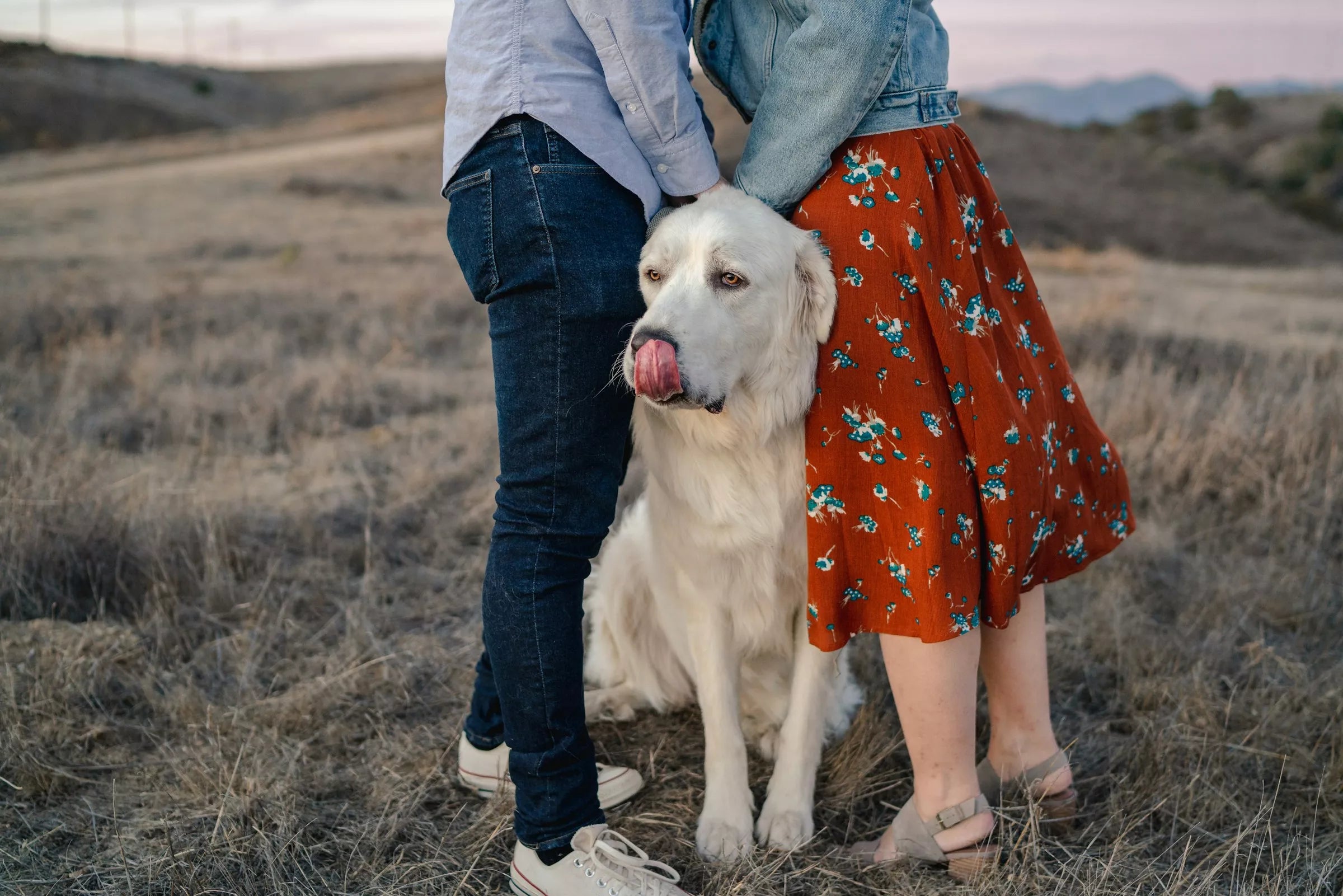
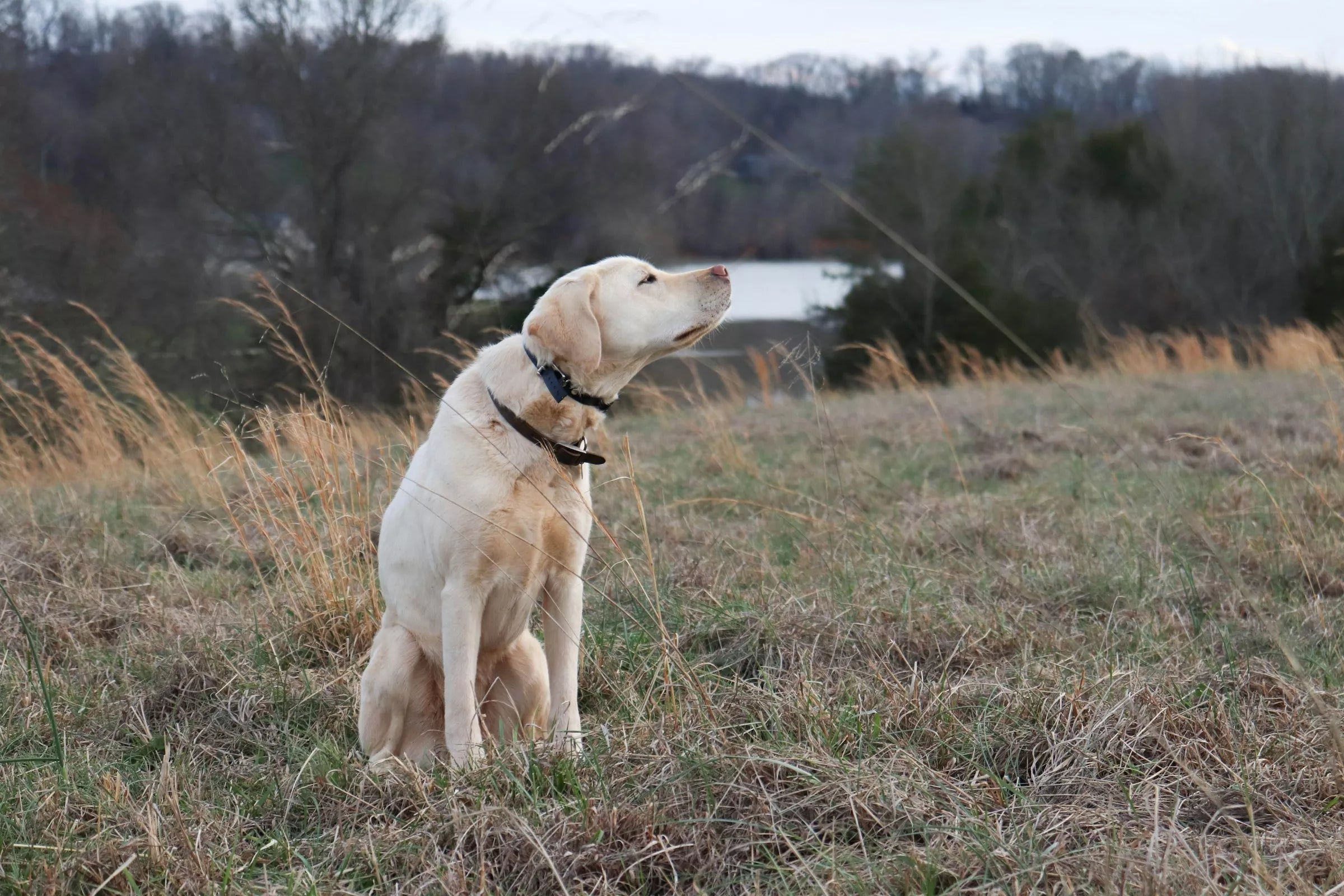
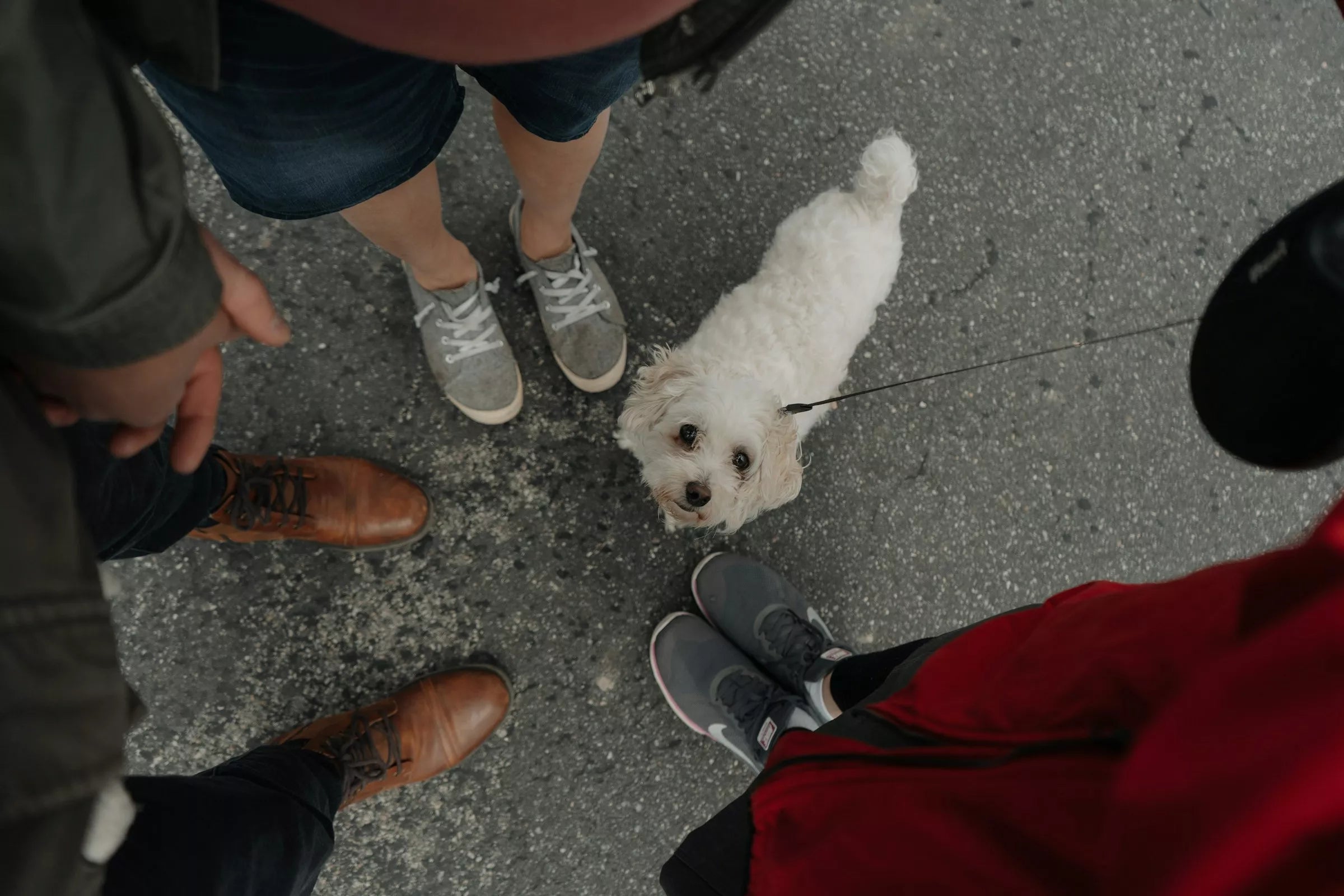

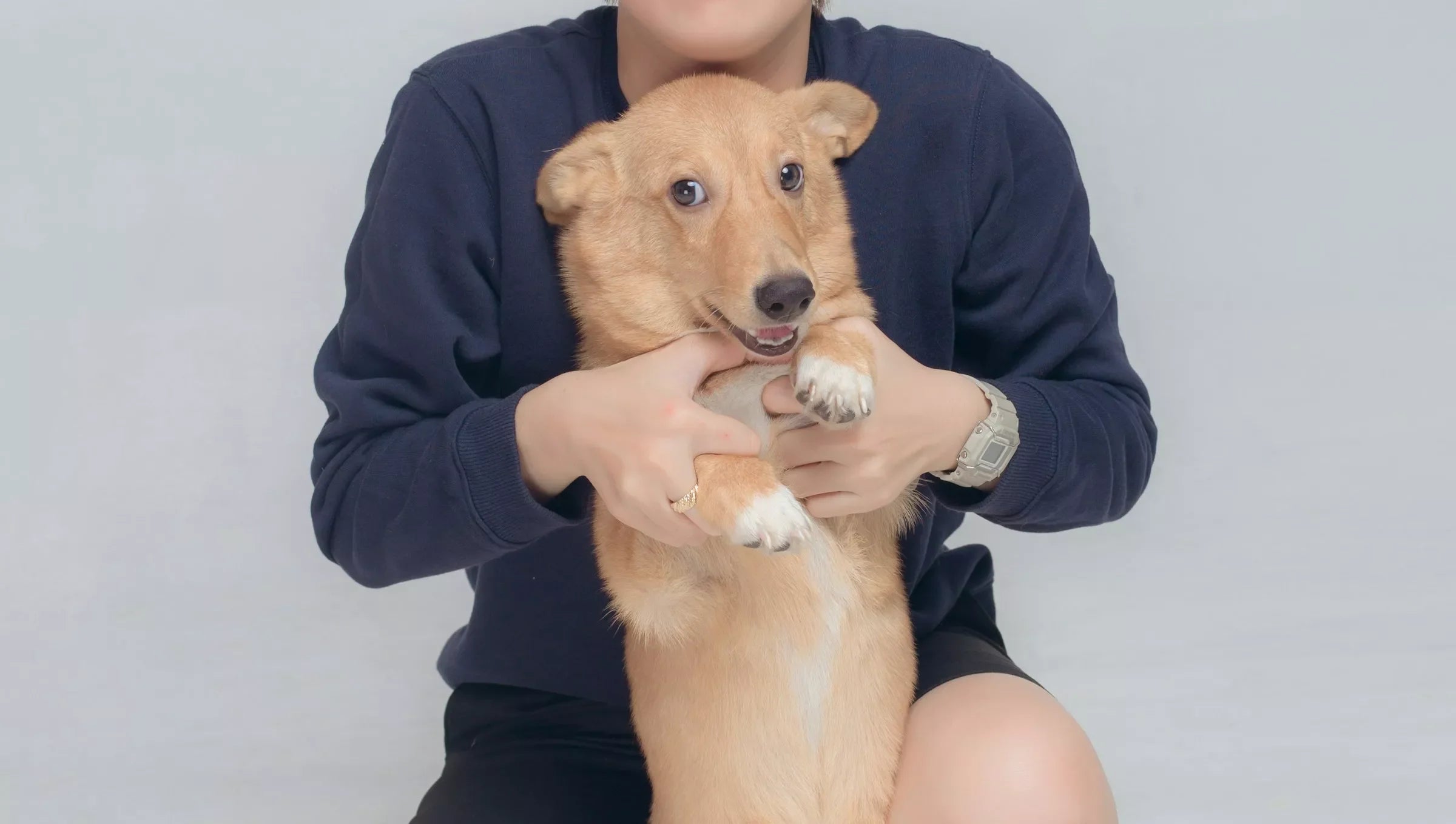
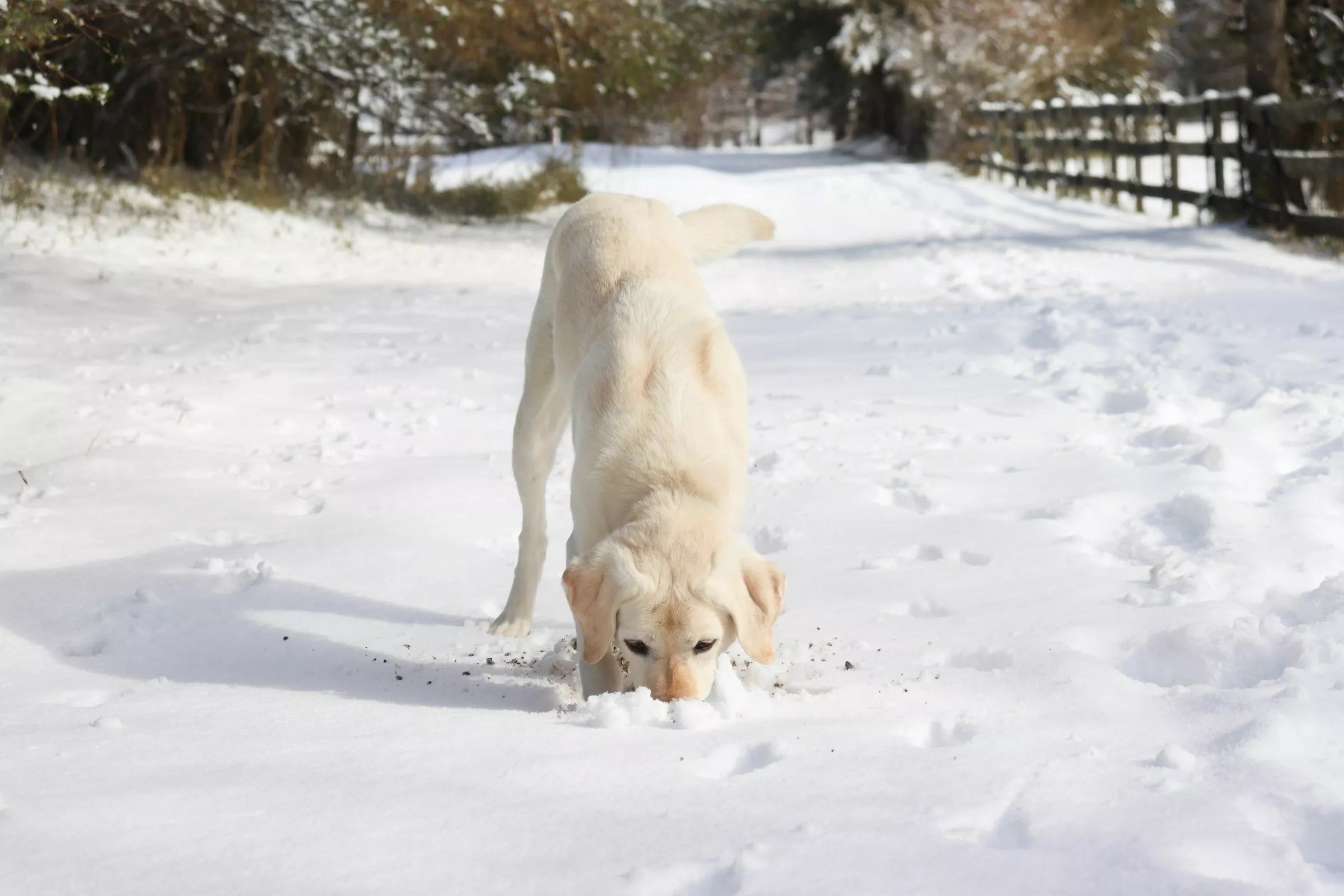






Share:
What Are the Best Dog Breeds for Children?
What Are the Most Dog-Friendly Vacation Destinations In the US?